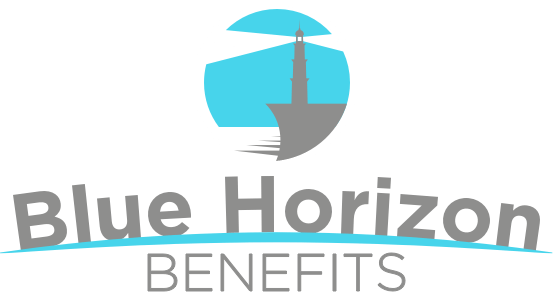Survey: No Surprises Act Arbitration Hit with Costly Abuse
A new survey from America’s Health Insurance Plans (AHIP) and the Blue Cross Blue Shield Association (BCBSA) is raising alarms about widespread abuse of the federal Independent Dispute Resolution process set up under the No Surprises Act.
According to the findings, nearly 40% of disputes filed through the system in 2024 (the year the law took effect) were ineligible, yet many still advanced through arbitration, forcing employers and health plans to pay unnecessary or inflated claims. Many of these claims are driven by private equity-backed health care providers and not individual health plan enrollees, according to the survey.
According to Kim Keck, president and CEO of BCBSA, the volume of dispute resolution cases has exceeded expectations and is clogging up the system. Many decisions are made despite evidence that the claim is ineligible for compensation.
What the survey found
The survey, which polled health plans covering 154 million Americans, found that:
- 40% of all disputes were identified by insurers as ineligible, including 45% of nonemergency service disputes.
- Only 17% were ultimately deemed ineligible by the federal arbitration entities, meaning more than half of improper cases still resulted in binding payment determinations. This suggests that the referees in the IDR system are failing to identify a large volume of ineligible disputes submitted by providers.
- 20 million claims were filed in 2024, with emergency services making up about 61% of the total.
- Air ambulance claims, though fewer than 1% of submissions, were the most likely to reach arbitration and involved high-dollar payouts.
Bright spots
While the survey identified potential abuse in the system, it also found evidence that it works in legitimate cases:
- In 2024, nearly 20 million health care claims met the criteria for federal surprise billing protections, meaning nearly 20 million surprise bills were prevented in 2024.
- Three out of four claims were paid without further dispute when providers accepted the plan’s initial payment.
- Once arbitration decisions are issued, plans pay nearly three-quarters of arbitration awards within 30 days; 41% were paid in just 15 days.
- When delays occurred for qualified IDR items or services, they were most often due to provider submission errors (e.g., wrong contact info, missing details) or processing challenges stemming from the very high volume of IDR cases.
The crux
While the No Surprises Act has successfully shielded employees from unexpected medical bills, the volume of ineligible disputes now clogging the system is driving claims costs.
Arbitrators often side with providers, leading to payments that far exceed in-network rates. As those costs cascade through plan spending, premiums and overall claim costs rise, affecting employer budgets and employee contributions alike.
AHIP and BCBSA said the current system lacks a workable appeal process, leaving plans no avenue to challenge decisions even when the underlying dispute should never have qualified.
The two groups are urging federal regulators to tighten oversight, clarify eligibility rules and impose stronger screening to prevent improper cases from moving forward.
They also called for “realigned incentives” so that independent dispute resolution entities are not rewarded for pushing unnecessary claims through arbitration.
Takeaway
For employers, the survey highlights how a well-intentioned law meant to protect patients has, in practice, created a potentially costly loophole.
Until regulators reform the system, arbitration under the No Surprises Act may continue to inflate claims costs and premiums, even for cases that never should have been disputed.









